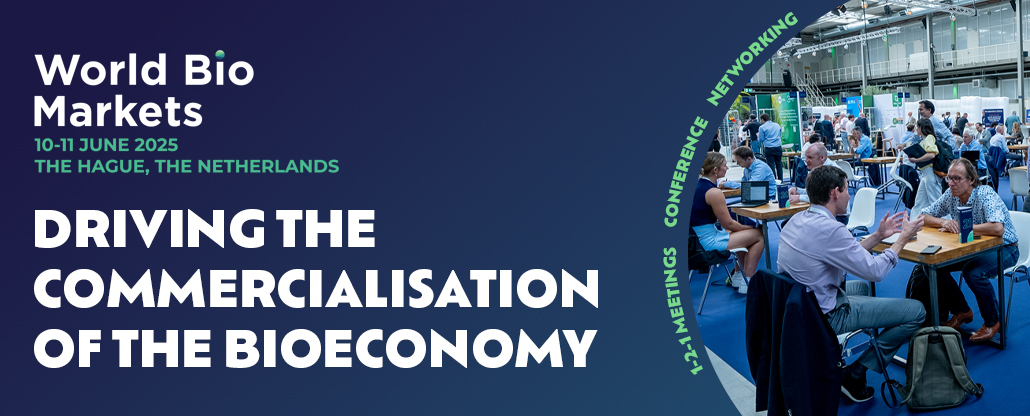Modern Meadow, a purpose-driven biotechnology company, announced its strategic partnership with BASF, a leading global chemical company, to embark on a collaboration to revolutionize the material industry. This strategic collaboration will bring together the cutting-edge biofabrication expertise of Modern Meadow with BASF’s renowned Ultramid® Ccycled® material, paving the way for the creation of a modern, sustainable, and animal-free material of the future.
Bio-VERA™, a game-changing substrate engineered by Modern Meadow, integrates BASF’s Ultramid® Ccycled® solution and is powered with Modern Meadow Bio-Alloy™ technology. By combining post-consumer waste and bio-renewable technologies, this innovative alternative will deliver a highly sustainable, luxurious material with exceptional performance capabilities.
Bio-VERA™ represents a remarkable advancement in the quest for sustainable biomaterials, as it reduces reliance on traditional animal-based sources while minimizing the environmental impact of production using plant-based and recycled feedstock. Modern Meadow’s expertise in materials science and bio-based R&D and BASF’s chemical expertise and commitment to future-oriented mass-balanced high-quality innovation will offer new possibilities ushering in a new era of sustainability and responsible consumption.
The driving force behind this partnership lies in the shared commitment of both companies to address the challenges posed by conventional material production. “We are thrilled to partner with BASF on this transformative journey toward sustainable biomaterials,” said Catherine Roggero-Lovisi, CEO of Modern Meadow. “We have a unique opportunity to create a material that not only meets the demands of the modern world but also helps protect our environment using traceable plant-based and recycled feedstock to avoid animal and virgin petrochemical inputs and that at the beginning of the material development as a drop-in solution.”
This alliance sets the stage for the development of high-performing, highly sustainable biomaterials that have the potential to transform various sectors, including fashion, automotive, and consumer goods.





